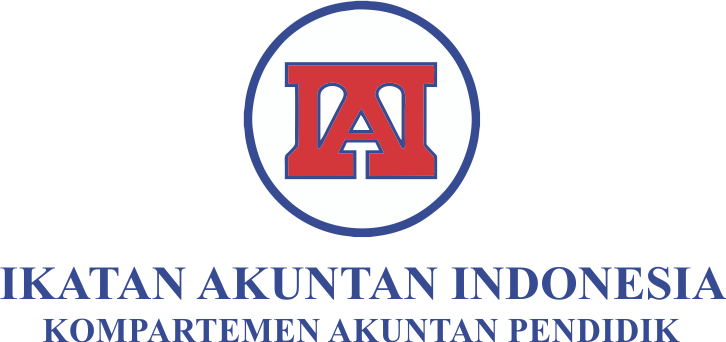Mapping of Research Themes on Environmental, Social, and Governance (ESG) Using Leximancer
DOI:
https://doi.org/10.34209/equ.v27i2.9249Abstract
This article presents a study using Leximancer (a text mining tool to visualize themes and concepts in text) to find any themes that still have a great opportunity to be studied further related to ESG. This study used the Scopus database and gathered 159 published articles from 2011 to 2020. The articles were selected based on the analysis of the abstract, the theory used, including the development of hypothesis (if any), and conclusions. Based on the main themes generated by Leximancer software, overall, the ‘social’ theme was the most dominant, while themes such as ‘investor’ and ‘sustainability’ were less dominant. This review reveals that the themes and concepts resulting from Leximancer’s content analysis have not been widely studied in the previous literature. Our study continues the previous literature review with a different scope and method. Leximancer offers a larger list of potentially useful keywords for further analysis and provides a visually appealing display of themes and concepts and their level of importance. The results of this review could be used as a basis for providing academic guidance in future ESG research.
Keywords: Leximancer, ESG, ESG themes, ESG concepts.
Downloads
Published
Issue
Section
License

This work is licensed under a Creative Commons Attribution 4.0 International License.
Syarat yang harus dipenuhi oleh Penulis sebagai berikut:Penulis menyimpan hak cipta dan memberikan jurnal hak penerbitan pertama naskah secara simultan dengan lisensi di bawah Creative Commons Attribution License yang mengizinkan orang lain untuk berbagi pekerjaan dengan sebuah pernyataan kepenulisan pekerjaan dan penerbitan awal di jurnal ini.
Penulis bisa memasukkan ke dalam penyusunan kontraktual tambahan terpisah untuk distribusi non ekslusif versi kaya terbitan jurnal (contoh: mempostingnya ke repositori institusional atau menerbitkannya dalam sebuah buku), dengan pengakuan penerbitan awalnya di jurnal ini.
Penulis diizinkan dan didorong untuk memposting karya mereka online (contoh: di repositori institusional atau di website mereka) sebelum dan selama proses penyerahan, karena dapat mengarahkan ke pertukaran produktif, seperti halnya sitiran yang lebih awal dan lebih hebat dari karya yang diterbitkan. (Lihat Efek Akses Terbuka).








